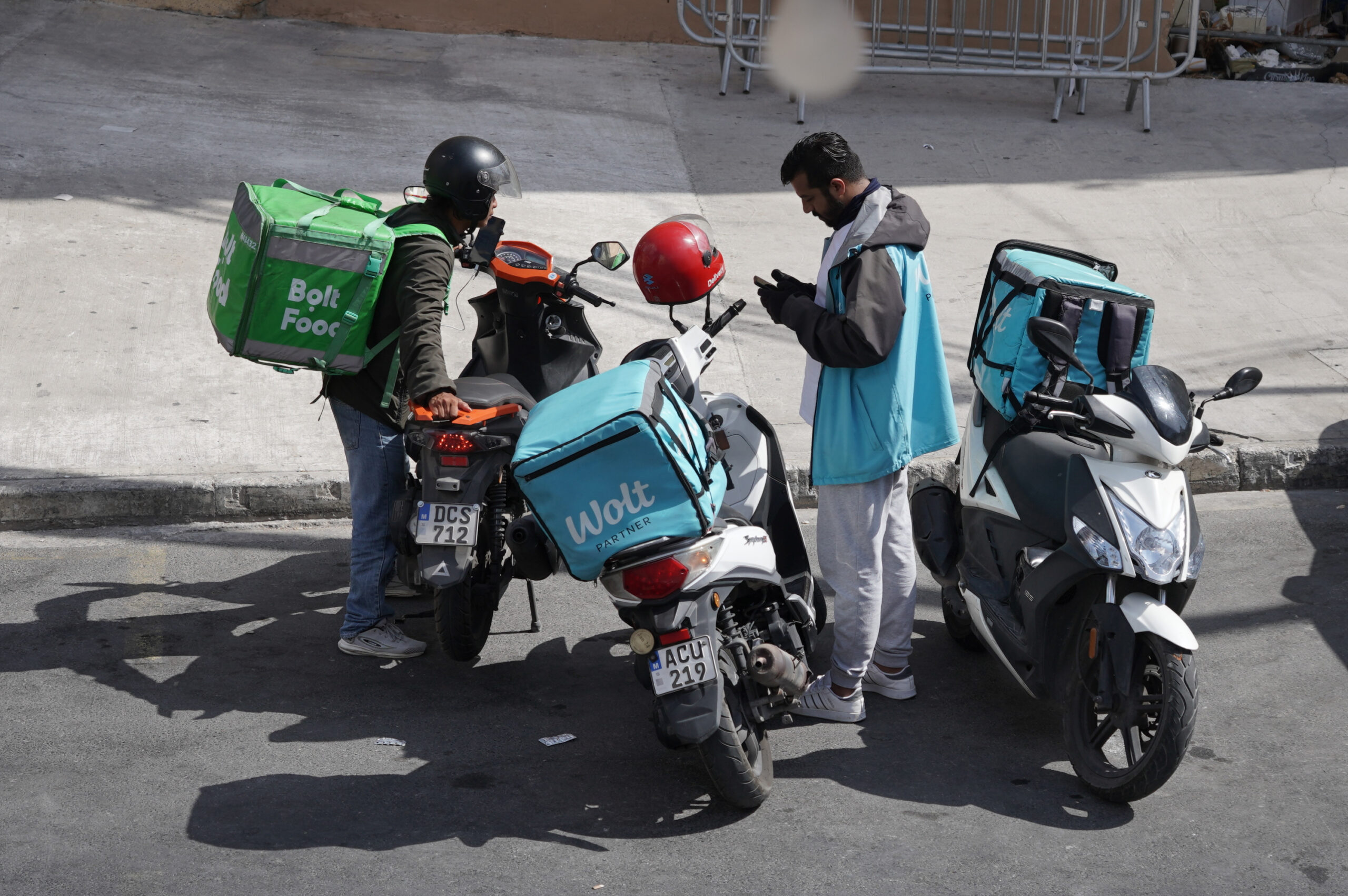
Dozens of fleet operators affiliated with popular food delivery platforms Bolt and Wolt were charged with breaching employment laws, resulting in over €200,000 in unpaid wages to couriers.
A total of 39 fleet operators were charged following an extensive investigation by the Department for Industrial and Employment Relations (DIER). Four separate operators were also charged for failing to provide requested information.
This investigation conducted by DIER uncovered numerous breaches of the Digital Platform Delivery Wages Council Regulation Order. This regulation grants food couriers various employment rights such as minimum wage, sick leave, and overtime pay. The operators also faced charges under the Employment and Industrial Relations Act.
The court heard that as a result of these violations, food couriers reportedly lost hundreds of thousands of euros in unpaid wages and benefits.
Six fleet operators admitted to the charges and were each fined €1,076.44.
DIER’s head of operations, Christopher Galea, told the court that investigations into these employment irregularities had been ongoing.
However in July 2024, the tensions had really escalated when several food couriers went on strike alleging deductions from their allowances and financial struggles.
Galea revealed that many food couriers were reluctant to come forward.
As part of their investigation, DIER requested detailed records from Bolt and Wolt companies such as a list of fleet operators, daily working hours and delivery records. Similar information was sought from the individual fleet operators, including payslips, timesheets, proof of payments and employment contracts.
Galea told the court that out of the 43 individual fleet managers, four failed to provide any information which prompted legal action against them.
Mary Grace Cassar, DIER’s compliance manager also testified to the fact that the investigation revealed several breaches. These included missing hours worked on payslip and the absence of statutory bonuses. Additionally, the fleet operators failed to cover food couriers’ mobile expenses.
Gabriel Apap from Solidarjetà also highlighted his concerns over the fleet operators’ control over workers. He explained that some operators take up to 50% of couriers’ earnings. He said that Solidarjeta was contacted by the couriers when they had gone out on a strike.
Apap also recalled that during a meeting which had been called by Solidarjetà, only one courier turned up even though they had been expecting a large number. The food couriers feared that they were being tracked, he said.
Both cases were adjourned to October, while a second group of fleet operators is set to appear in court on 2 April.
Lawyers Mattia Felice, Andrew Grima, and Ray Zammit prosecuted on behalf of DIER.
The accused were represented by lawyers Andrew Borg Cardona, Roberto Spiteri, Stephen Tonna Lowell, Frank Anthony Tabone, and Ezekial Psaila.












